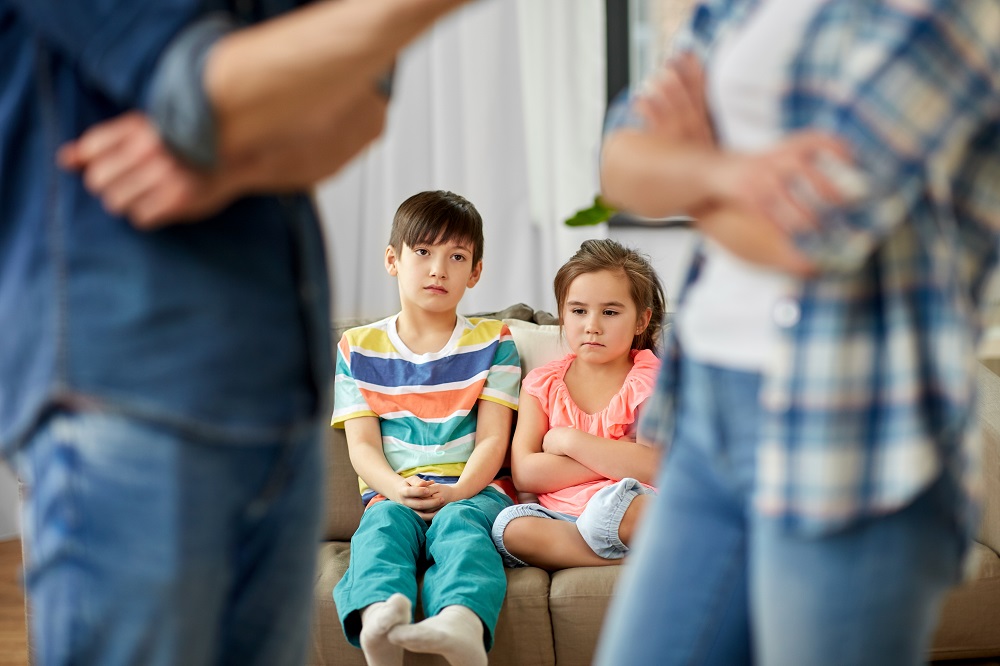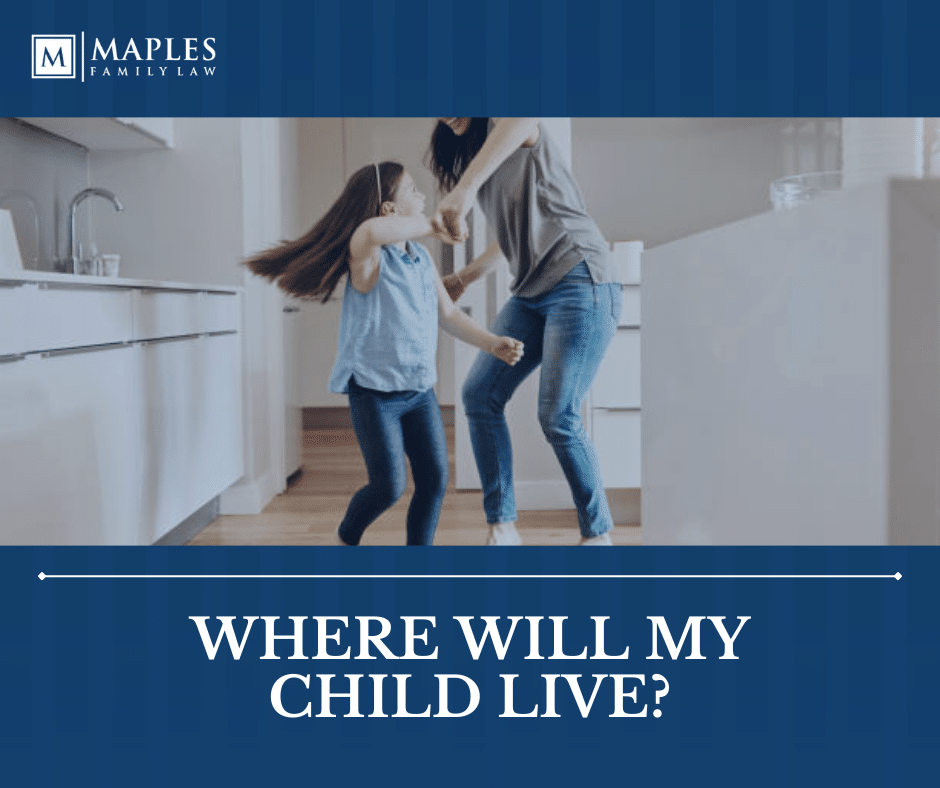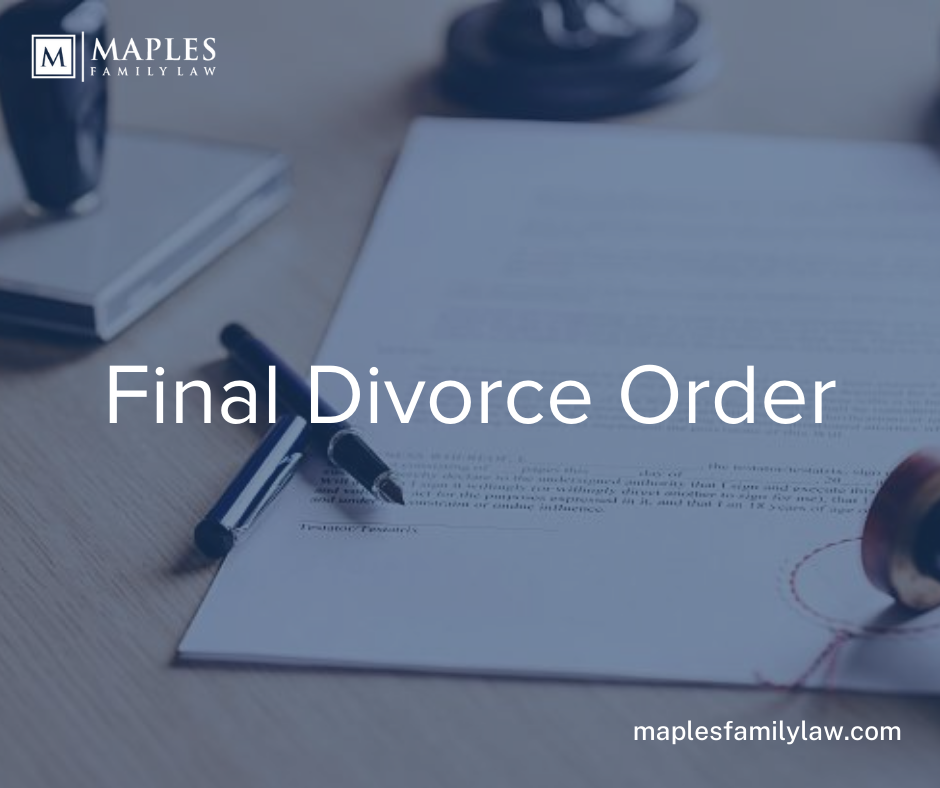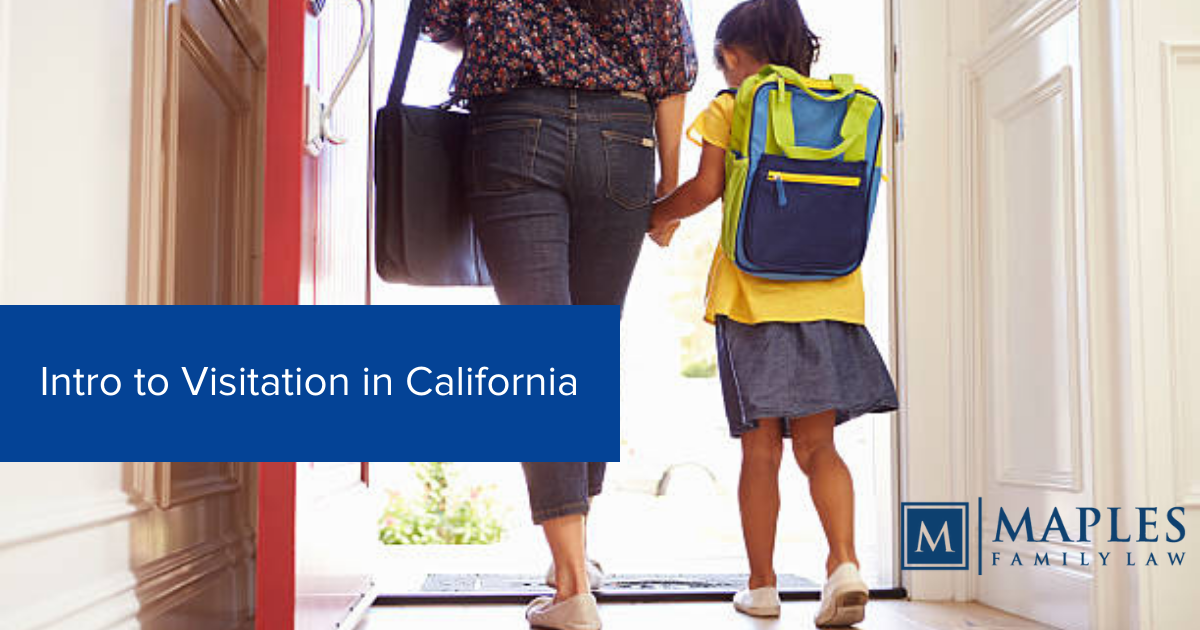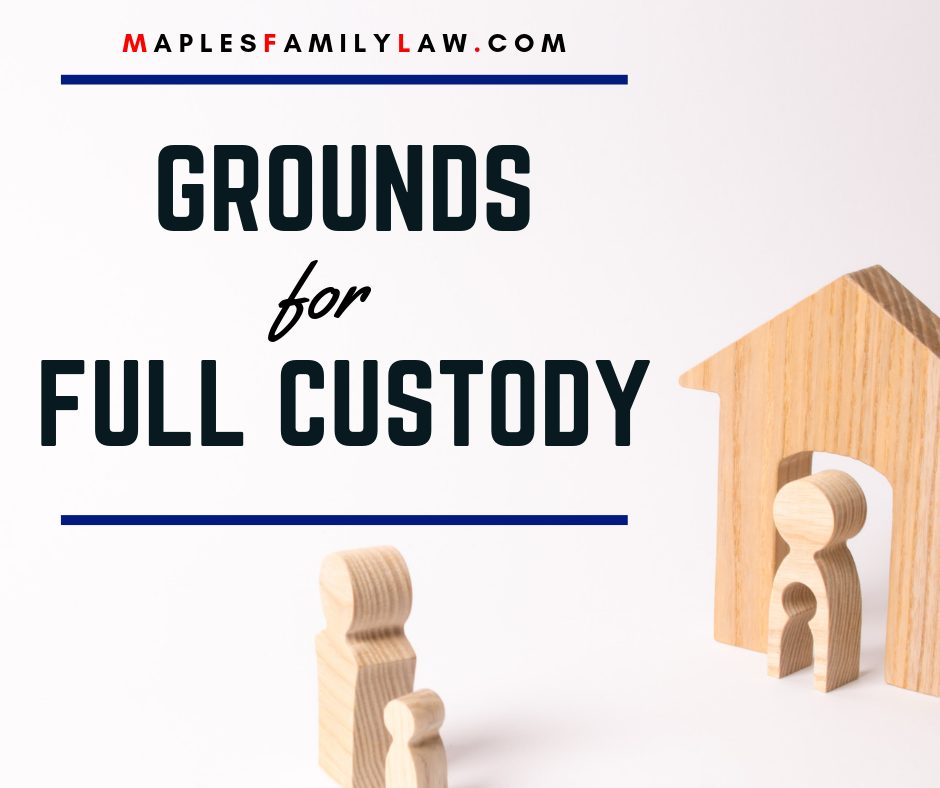
Grounds for Full Custody of a Child
What are the grounds for full custody of a child? You might be surprised to learn that the courts determine custody on a case-by-case basis, and even the smallest factors play a role.
Grounds for Full Custody of a Child: What California Law Says About Parenting

Related: Answers from a child custody lawyer
What is Full Custody?
When people say full custody (or sole custody), they’re usually talking about legal and physical custody.
- Legal custody refers to a parent’s ability to make decisions about his or her child’s welfare. That can include things like where the child will attend school, whether the child will engage in religious activities (and which religion the child is part of), and whether a child should receive some types of medical care (not counting emergencies – just routine care, like getting braces at the orthodontist).
- Physical custody refers to where a child will live, both during and after his or her parents divorce or separate. Physical custody is a lot different from legal custody – the parent who has physical custody has the right to have the child in his or her home.
Most people have a joint custody arrangement, with both parents sharing legal custody – the right to make important decisions about the child – and joint physical custody, in which the child spends plenty of time with both parents.
However, there are some cases in which it’s appropriate to give full custody to one parent. In cases like those, only one parent has the right to make all the major decisions about health, education and welfare. The child only lives with one parent, too, although the other parent can enjoy visitation rights.
Related: Full custody information
When Are There Grounds for Full Custody of a Child?
When one parent is incarcerated, for example, or he or she is in a drug treatment program or has been proven an addict, the other parent may ask the court for full custody of the child. Other cases might involve:
- Sexual abuse
- Physical abuse
- Abduction
- Neglect
- Domestic violence
- The violation of court orders
- Parental alienation
What if You Want Full Custody?
If you want full custody of your child or children, you need to let your divorce attorney know – and you should be prepared to provide valid reasons that the other parent should not be allowed to make decisions about the kids’ health, welfare and education. You can’t simply say, “My wife cheated on me, so I don’t want her to have the kids.” (Well, you can say it – but a judge is unlikely to see eye-to-eye with you based on that alone.)

Your attorney will most likely encourage you to try to reach an agreement with your spouse rather than telling you to fight things out in court. There are a couple of reasons for this, and one of them is that litigation (going to court to fight) is a lot more expensive and time-consuming. If you and your spouse can reach an agreement – either that one of you will get full custody or that you’ll share joint custody – you won’t have to fight in court.
Remember, though, that the judge will only sign off on your agreement if it’s in your child’s best interest. Even if you think you have grounds for full custody of a child, that decision rests with the judge in your case. That means if you and your spouse agree that one of you should have full custody, but the court doesn’t believe it’s in your child’s best interest, you’re going to have a joint custody arrangement.
Do You Have Grounds for Full Custody of a Child?
If you believe you have grounds for full custody of a child and you’re splitting up with your spouse, we may be able to help you.
Call us at 209-546-6870 to schedule a consultation with a caring, compassionate and knowledgeable Stockton divorce attorney now. We can help you with issues related to parentage and child custody, spousal support and other divorce issues.
